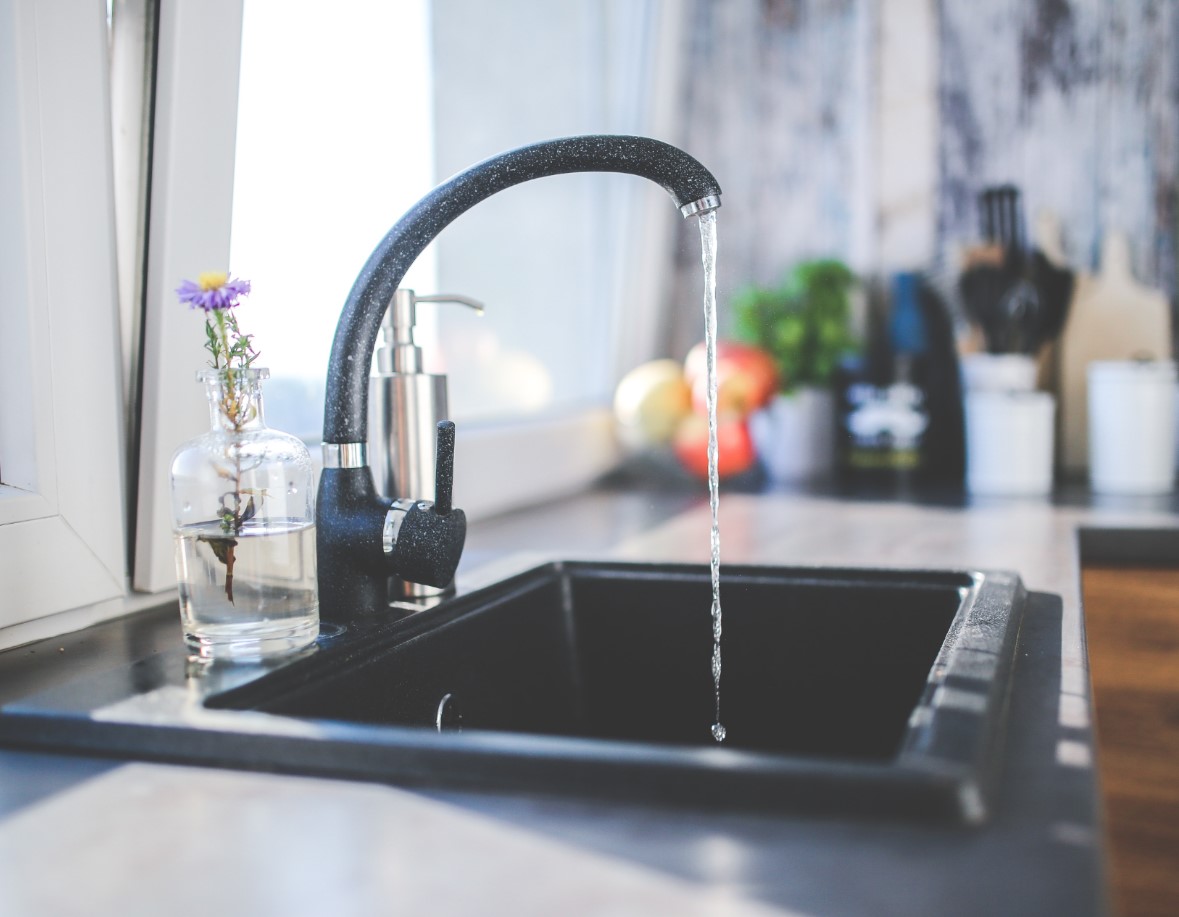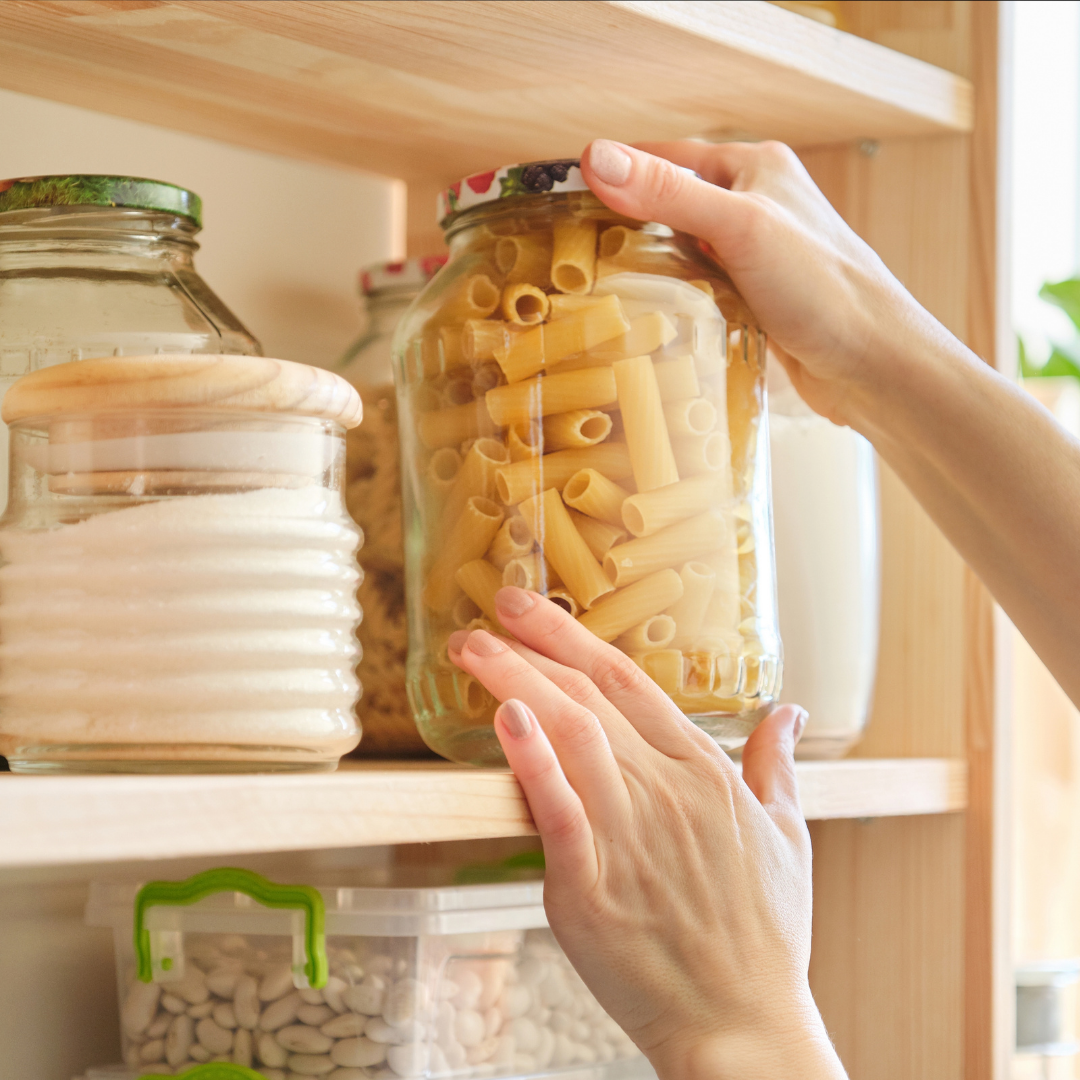 Every owner of condominium property automatically becomes a member of a homeowners association, otherwise referred to a “HOA” throughout the United States or a “Strata” in Canada. With that membership come certain rights and responsibilities. The primary right that the owner has is to vote at HOA meetings and elect board members. Responsibilities include payment of condo fees and assessments, compliance with association by-laws and rules, and maintaining a condo unit in conformity with those by-laws and rules.
Every owner of condominium property automatically becomes a member of a homeowners association, otherwise referred to a “HOA” throughout the United States or a “Strata” in Canada. With that membership come certain rights and responsibilities. The primary right that the owner has is to vote at HOA meetings and elect board members. Responsibilities include payment of condo fees and assessments, compliance with association by-laws and rules, and maintaining a condo unit in conformity with those by-laws and rules.
Let’s take a quick look at various other terms you may hear about from your new HOA.
Declaration of Condominium and By-Laws
The declaration of condominium establishes the existence of a condominium property. It gives the precise location of the property through a legal description and describes each individual unit in the development along with the various common elements.
Individual Units
Ownership of an individual condominium unit is defined by the declaration of condominium and ordinarily consists of the interior walls and everything within the interior walls of a dwelling unit. Anything outside of that unit is usually considered to be a common element, such as the entryway, the swimming pool, the tennis courts, the parking lots and more.
Common Elements
This is property both inside and outside of buildings that the individual condo owner has an undivided interest in. It would include any common hallways, garages, parking lots, recreational facilities and open space on the property described by the declaration of condominium. If for example, there are 100 units in a condominium development, each individual unit has an undivided one percent interest in the common elements.
Running a Homeowners Association
Homeowners associations tend to operate like a small democracy. When matters are brought up at meetings to be voted on, each condo unit has one vote. Each HOA has an elected board of directors. They’ll meet once a month to decide on association business and make decisions on behalf of the HOA. The unit owners are permitted to be present at these meetings.
Owners’ Responsibilities Inside Their Units
Owners are responsible for any repairs within the walls of their dwelling unit. They might be responsible for damage to other units from leaks or flooding from a burst pipe. Depending on the by-laws, the unit owner might be responsible for maintenance or repairs of any pipes or electrical wires running behind their walls. The association is responsible for anything on the common elements.
Don’t let the purchase of your next home get derailed. If you’re thinking of getting started on condo shopping, your trusted, reputable and highly experienced real estate professional will guide you through your condominium purchase.
 During the past few months, many people have been stuck at home. Whether this involves working from home or going to school from home, many home appliances are receiving more use than usual.There might be more breaks, clogs, and leaks than most families are used to dealing with.
During the past few months, many people have been stuck at home. Whether this involves working from home or going to school from home, many home appliances are receiving more use than usual.There might be more breaks, clogs, and leaks than most families are used to dealing with. During the past few months, people have been spending much more time at home than usual. Therefore, many people are looking for ways to upgrade their homes. A common area of focus is the kitchen.
During the past few months, people have been spending much more time at home than usual. Therefore, many people are looking for ways to upgrade their homes. A common area of focus is the kitchen. For those who are looking to buy a home, they know that this is one of the most exciting experiences in the world. There is something special that comes with looking at a bunch of homes and envisioning a life there.
For those who are looking to buy a home, they know that this is one of the most exciting experiences in the world. There is something special that comes with looking at a bunch of homes and envisioning a life there. Last week’s scheduled economic reporting included readings on inflation and consumer sentiment. Weekly readings on mortgage rates and jobless claims were also released.
Last week’s scheduled economic reporting included readings on inflation and consumer sentiment. Weekly readings on mortgage rates and jobless claims were also released. Size matters when you are buying a new home. Whether you plan to expand your family, need more room for your stuff, or are concerned with resale value, you want to get the most space for your money. Also, if you want to add a feel of luxury to your home, one of the best ways to do it is to create open spaces rather than cramming all your furniture in rooms so tiny you can barely walk around without knocking something over.
Size matters when you are buying a new home. Whether you plan to expand your family, need more room for your stuff, or are concerned with resale value, you want to get the most space for your money. Also, if you want to add a feel of luxury to your home, one of the best ways to do it is to create open spaces rather than cramming all your furniture in rooms so tiny you can barely walk around without knocking something over.